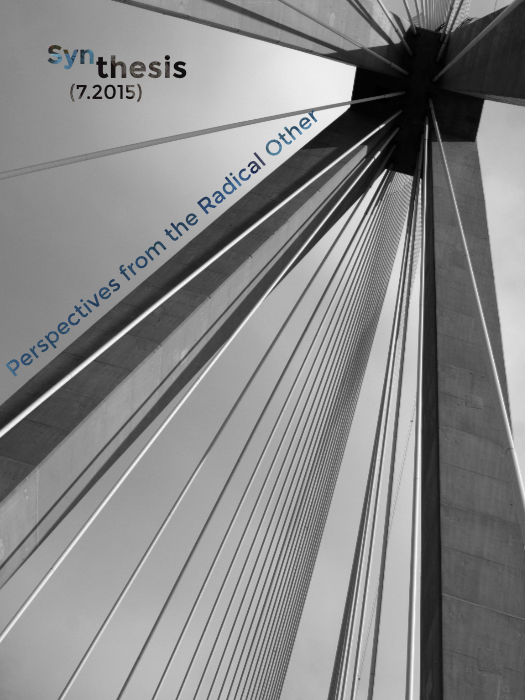“Qu’est-ce Qu’elle Dit? What she say, what she say?” Translating the Resisting Other in Contemporary Caribbean Women’s Writing

Abstract
I focus my discussion of Amryl Johnson’s poem “Qu’est-ce Qu’elle Dit”, Erna Brodber’s second novel Myal, and Merle Collins’s The Colour of Forgetting, on the texts’ representations of cultural difference and cultural transformation. The poem and the novels, I argue, present a version of Caribbean history that resists colonial discourse and that effects a process of healing and recovery from the epistemic violence of colonial historiography and the continued imposition of its cultural norms. At the same time I suggest that part of the process of resistance involves a radical reconceptualising and transformation of the Other. In these texts, what Nathaniel Mackey defines as “artistic othering”(55) is, as I wish to demonstrate in this article, a mode of resistance, a textual strategy that confronts, resists and refuses a too easy reappropriation of meaning, and yet insists on possibility. I approach the three texts as examples of counterdiscursive praxis, as texts which make “an intervention into postcolonial theoretical discourse” (O’Callaghan “Play It Back” 67). Amryl Johnson’s poem, from which the title of this paper comes, is emblematic of the tensions that arise in seemingly paradoxical processes of othering, reintegration and recovery in a creolized Caribbean context.
Article Details
- Section
- Articles

This work is licensed under a Creative Commons Attribution 4.0 International License.
The copyright for articles in this journal is retained by the author(s), with first publication rights granted to the journal. By virtue of their appearance in this open access journal, articles are free to use with proper attribution. Synthesis retains the worldwide right to reproduce, display, distribute, and use published articles in all formats and media, either separately or as part of collective works for the full term of copyright. This includes but is not limited to the right to publish articles in an issue of the Journal, copy and distribute individual reprints of the articles, authorize reproduction of articles in their entirety, and authorize reproduction and distribution of articles or abstracts thereof by means of computerized retrieval systems.



